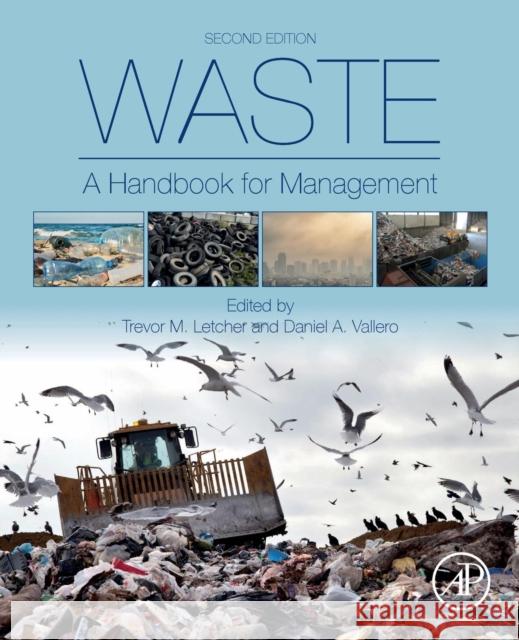Waste: A Handbook for Management » książka
topmenu
Waste: A Handbook for Management
ISBN-13: 9780128150603 / Angielski / Miękka / 2019 / 803 str.
Kategorie:
Kategorie BISAC:
Wydawca:
Academic Press
Język:
Angielski
ISBN-13:
9780128150603
Rok wydania:
2019
Ilość stron:
803
Waga:
1.35 kg
Wymiary:
23.5 x 19.05 x 4.06
Oprawa:
Miękka
Wolumenów:
01
Dodatkowe informacje:
Bibliografia











